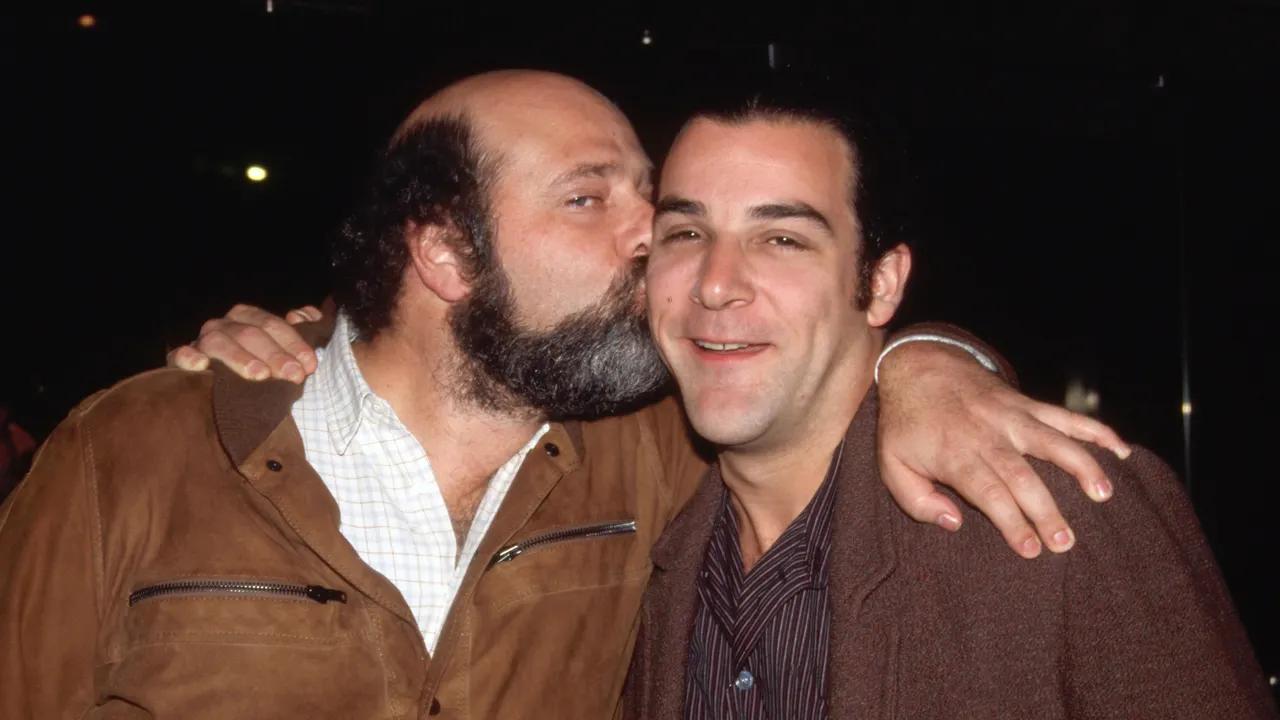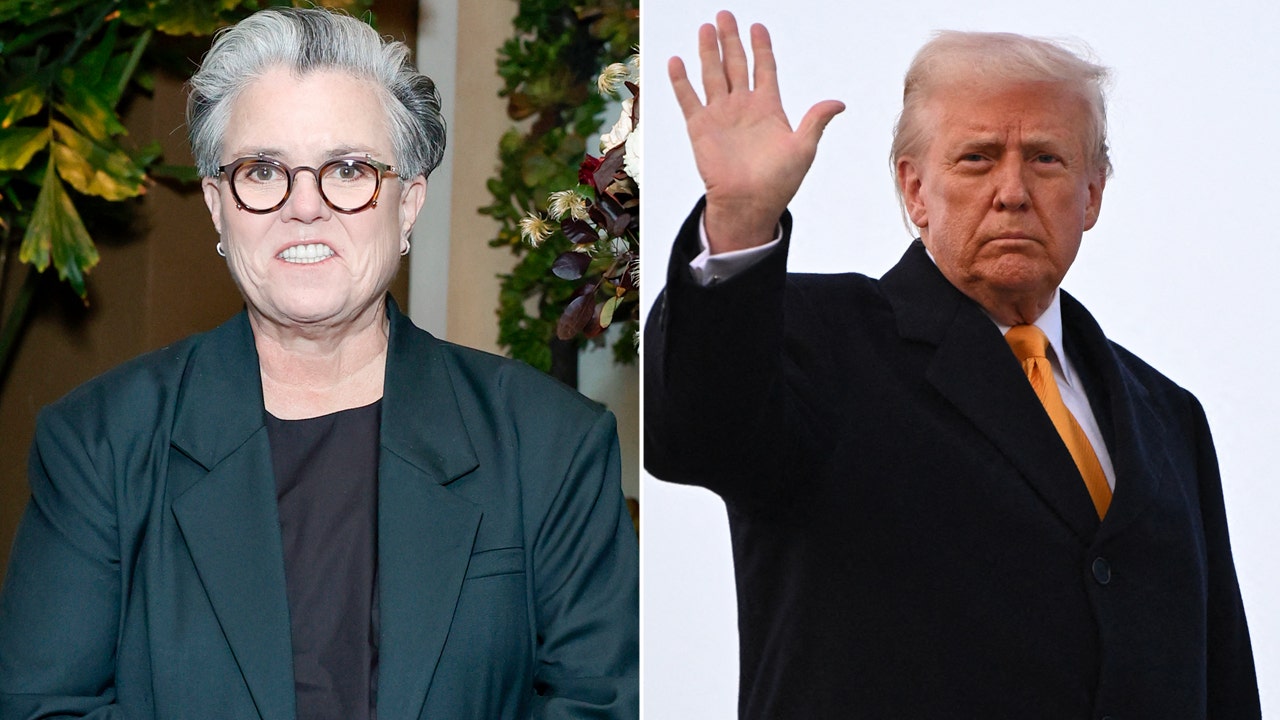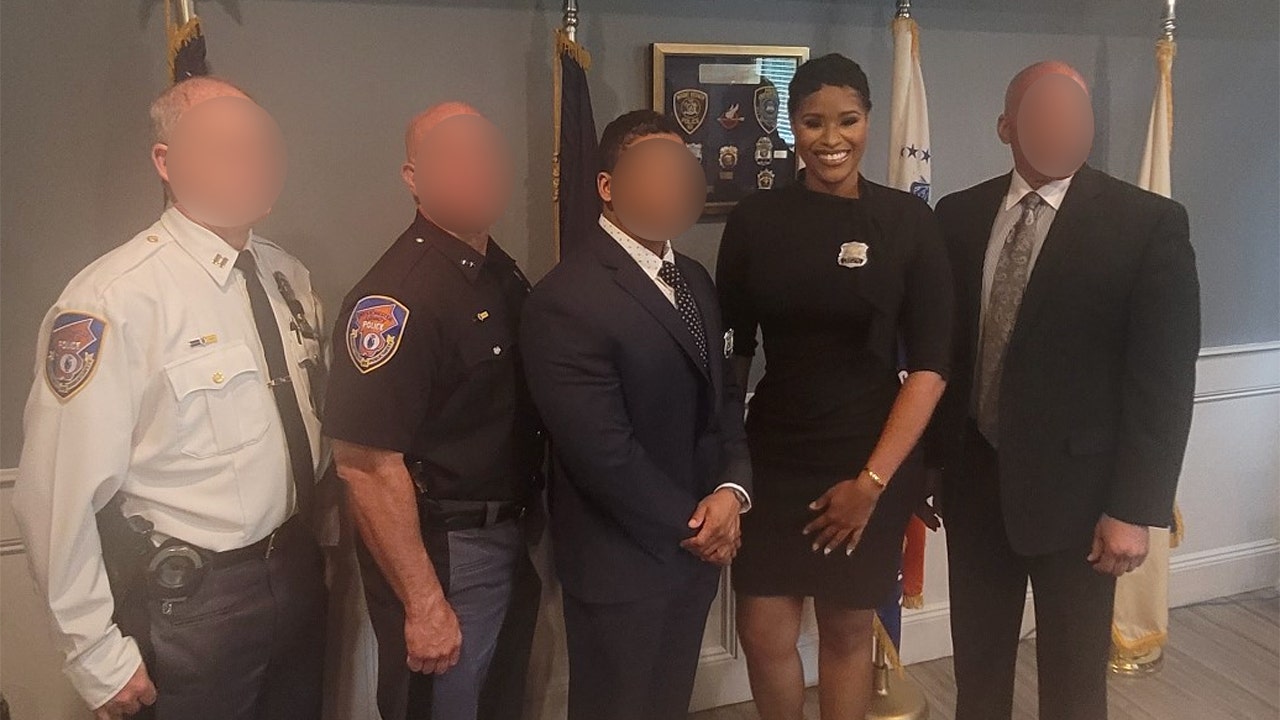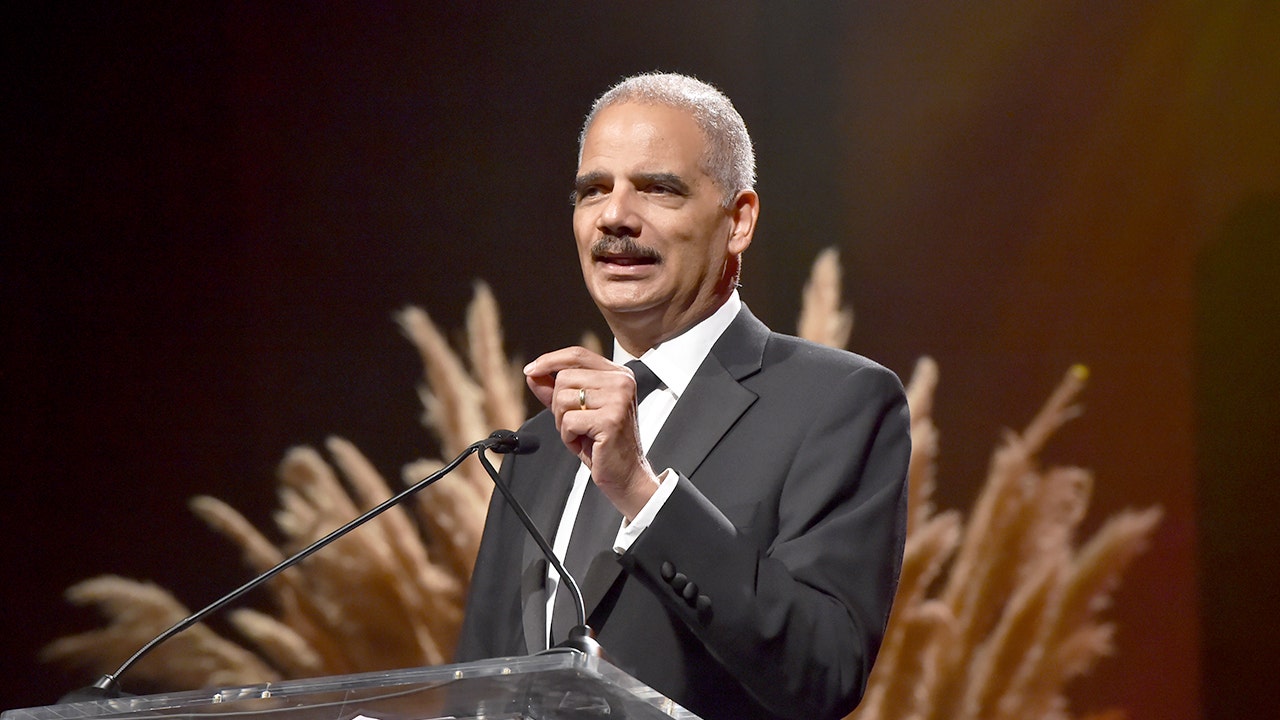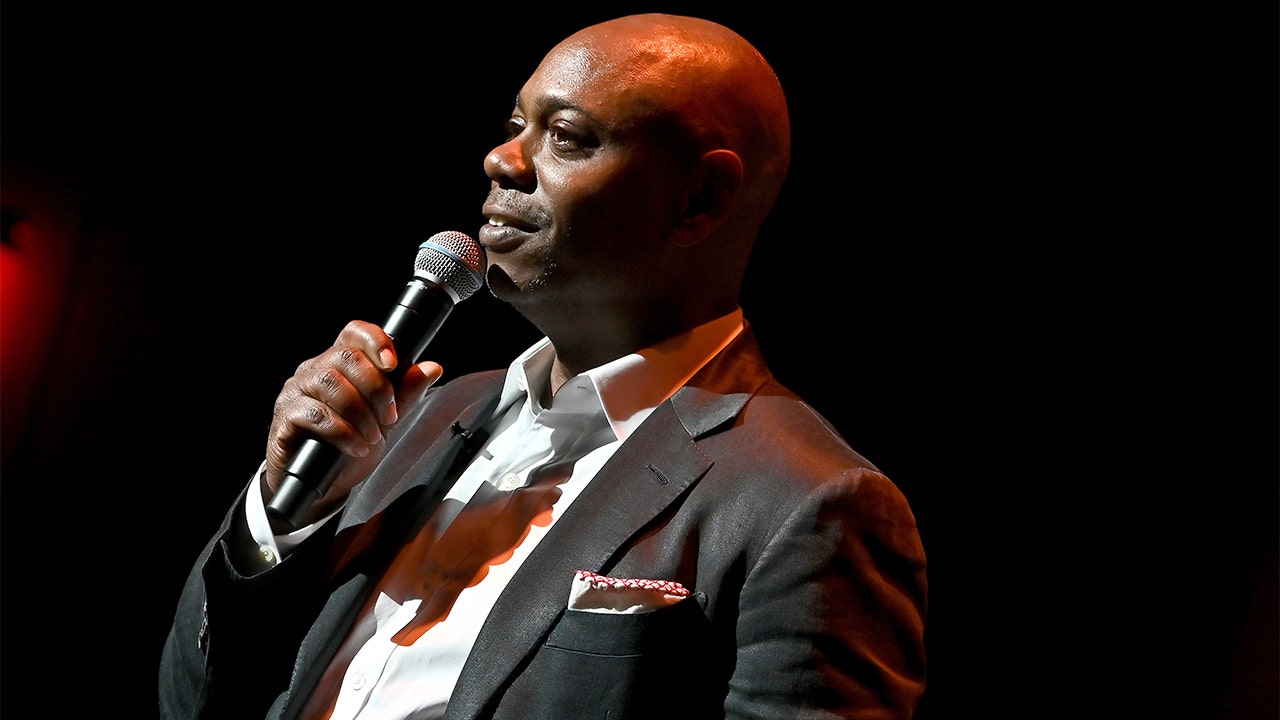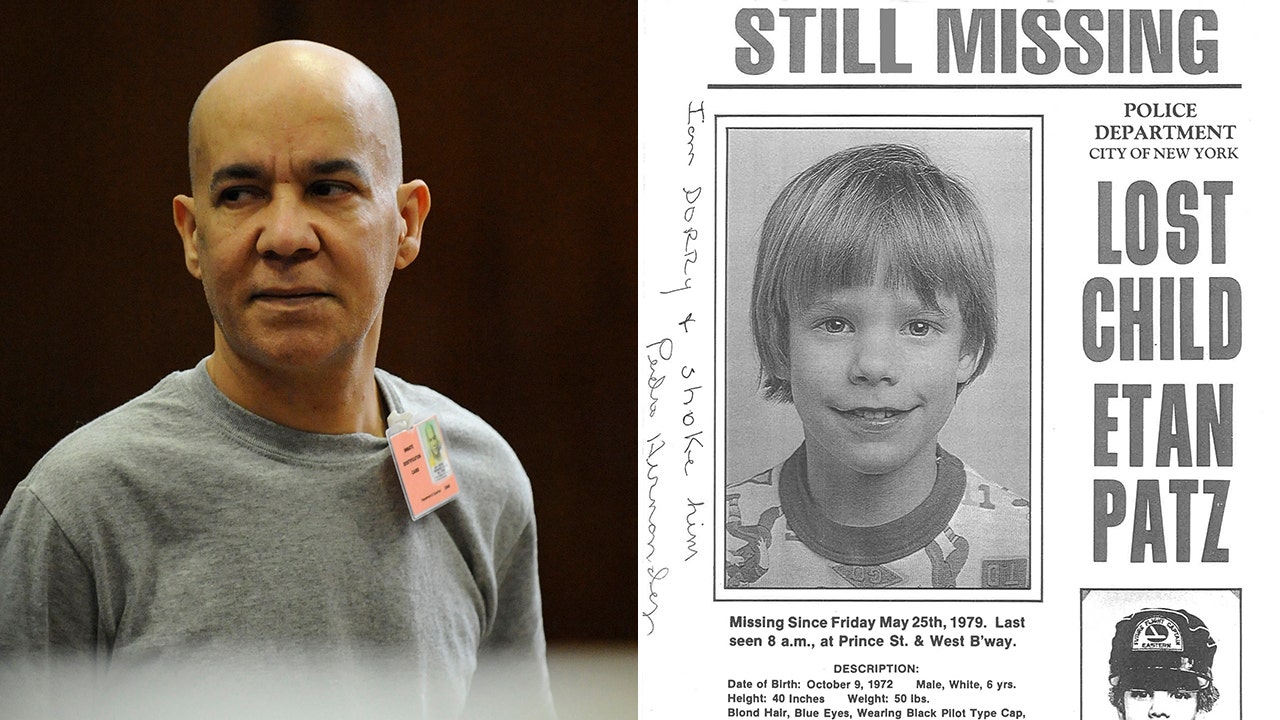Let me start off with a confession.
Spencer Russell, founder of Toddlers Can Read, joins ‘Fox & Friends Weekend’ to explain why more Gen Z parents are reading less to their children, and how that may be fueling a decline in childhood literacy.
NEWYou can now listen to Fox News articles!
Let me start off with a confession.
I’ve always been an avid reader. There was a time when I was constantly plowing through novels – Updike, Irving, Roth, Malamud, Atwood – plus occasional non-fiction, including all of Bob Woodward’s books.
And as the author of six books, I love the feel of a bound volume. It’s always a rush to get that first copy in your hands, a great feeling of accomplishment.
But all that was before smartphones – or more precisely, the kind of phones and apps that bombard us with Instagram and TikTok hot takes, endless images and AI summaries.
GETTING KIDS TO PICK UP A BOOK
And now I’m not reading anywhere near as much. Too busy glued to the screen.
My attention span has shrunk. Harder to sit through, say, a two-hour movie. Easier to watch in shorter segments.
Has my brain been transformed? Have I just gotten lazy? (That’s a rhetorical question.)
I began dwelling on this after reading a Free Press essay by James Marriott titled "The Dawn of the Postliterate Society."

The digital age has caused casual reading to fall off a cliff – and we may be entering a postliterate society as a result. (Juliana Yamada/Los Angeles Times via Getty Images)
Delving into history, he writes that in the middle of the 18th century, "huge numbers of ordinary people began to read."
What was once an elite pursuit filtered down to the middle and lower classes, thanks to expanding education and an explosion of cheap books. It was, says Marriott, "the greatest transfer of knowledge into the hands of ordinary men and women in history." This exposed the masses to radical new ideas, and included such essayists as Samuel Johnson and Edward Gibbon.
Media analyst Neil Postman is quoted as having said in 1985: "To engage the written word means to follow a line of thought, which requires considerable powers of classifying, inference-making, and reasoning."
And now, Marriott flatly declares, "books are dying."
You sensed this was coming, didn’t you?
In America, "daily reading for pleasure has fallen by more than 40 percent in the last 20 years." Ouch.
The publishing business is badly ailing: "Books that once would have sold in the tens, even hundreds, of thousands are now lucky to sell in the mid-four figures."
College students "have grown up almost entirely in the world of short-form video, computer games, and addictive algorithms (and, increasingly, artificial intelligence)."

The publishing business has been on the decline as demand for print literature continues its post-tech boom nosedive. (Sergei Supinsky/AFP via Getty Images)
That’s their world. They don’t remember what it was like before. They were too young at the time.
Coincidentally, I found a box of long, handwritten letters that I exchanged with close friends when I was 15, 16, 17 – even a five-pager from the girlfriend of a friend who had moved to L.A. There was no texting then and long-distance calls were expensive. Unlike today, when it’s "Whaddup" and "OMG" and "ASAP" and "BRB."
A study of English Lit students at two Midwestern universities last year found that most couldn’t understand the first paragraph of Charles Dickens’s "Bleak House."
So who can we blame for this sad state of affairs?
THE WAR ON READING: CHILDREN IN THE CROSSHAIRS

A study suggests students – Gen Z in particular – will spend 25 years of their lives glued to their phones. (iStock)
First, it doesn’t apply to everyone. We have free will. We can set aside time for reading. And "Bleak House" is no easy breeze.
A study cited by the Times of London says students will spend 25 years of their lives glued to smartphones – Gen Z most of all. A quarter-century. Wowza.
Glenn Stephenson, co-founder of Fluid Focus, is quoted as saying we must "confront an uncomfortable truth: we unknowingly handed powerful, addictive technologies to children during their most formative years — without fully understanding the risks in doing so."
So that’s it. It’s our fault.
SUBSCRIBE TO HOWIE'S MEDIA BUZZMETER PODCAST, A RIFF ON THE DAY'S HOTTEST STORIES
Maybe adjustments will be made. Maybe the savvier students will see the need for a course correction. Maybe we’ll have so much wearable technology that it won’t seem as distracting.
CLICK HERE TO DOWNLOAD THE FOX NEWS APP
Or maybe, alas, publishing will largely go the way of the horse-and-buggy business, aimed at the elite equivalent of those who own horses.
I’ve started a couple of books, then put them aside for later reading, then picked them up a month or two later for a few pages. Now, where did I leave them…?
Howard Kurtz is a media and political analyst and the former host of FOX News Channel's MediaBuzz. Based in Washington, D.C., he joined the network in 2013 and regularly appears on Special Report with Bret Baier and The Story with Martha MacCallum among other programs.













